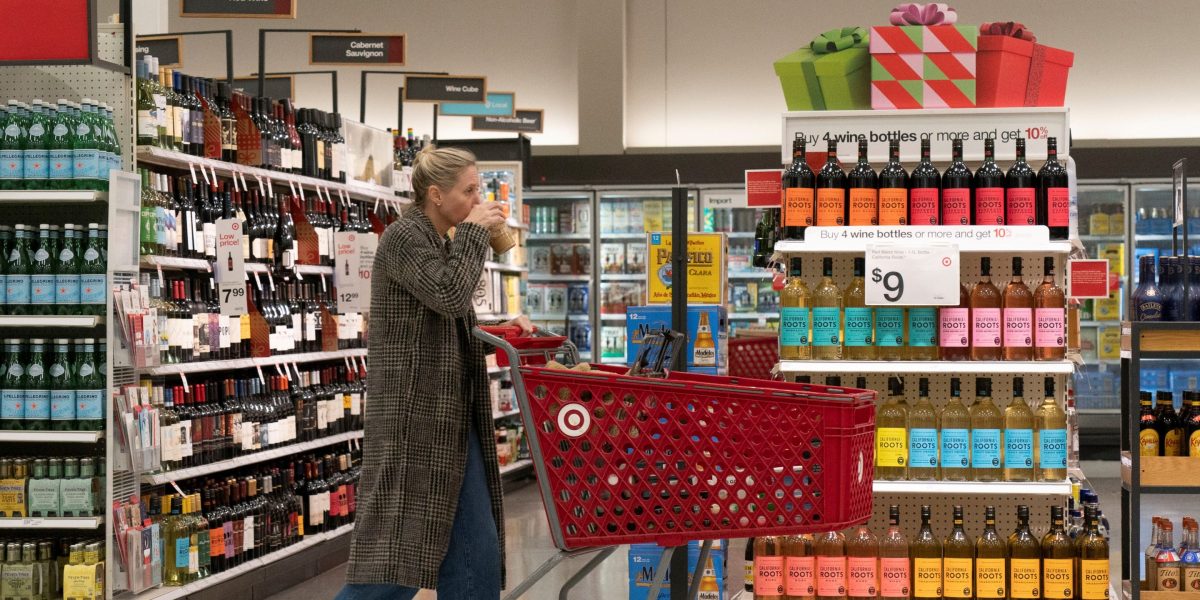- cross-posted to:
- [email protected]
- [email protected]
- cross-posted to:
- [email protected]
- [email protected]
In April, Société Générale economist Albert Edwards released a scathing note saying he hadn’t seen anything like the current levels of corporate greed in his four decades working in finance. He said companies were using the war in Ukraine as an excuse to hike prices in search of profits.
“The end of Greedflation must surely come. Otherwise, we may be looking at the end of capitalism,” Edwards wrote. “This is a big issue for policymakers that simply cannot be ignored any longer.”



If this surprises you, you’re an idiot.
Perhaps, although a little harsh. Most people just don’t think that deeply about things.
The accepted narrative is that inflation happens when poor people get too much money.
Yes it’s obvious that there’s more going on if you think about it for a few moments, but no one does.
I guess one way it’s surprising is that, it takes a degree of coordination for this to happen. I mean you have some major international event that can trigger international economic consequences like some degree of inflation and then some genius thinks that since the public have been forced to swallow price rises across the board because of this, what if we just raise our prices some more and it will be assumed it’s for the same unavoidable cause. Okay, I get the scam, great. But, whether consumers believe the pretense or not and have sympathy or not, wouldn’t stop them going elsewhere if someone else didn’t come up with the same clever scheme or hasn’t launched it yet, and still has higher, but not extra high prices. Or maybe they do all see a great caper and jack up the prices at the same time, eventually, for the same greedy reasons, those businesses would want to take the other’s lunch if they could and would see the benefit of being at least just a little bit cheaper which is supposed to create a cycle that is the way capitalism supposedly works.
This doesn’t happen when you see monopolies or near monopolies. Supermarkets in Australia are in particular being talked about for price gouging and there’s an associated near duopoly between 2 dominant chains. In that context it’s definitely not very surprising. I’d bet that this particularly recent example of price spikes without adequate explanation are associated particularly with sectors where there is very little competition. The article was pay walled so I can’t tell if they’re referring specifically to prices for groceries or economy wide problems.
When 6 corporations owns 90% of the market it dosen’t require a great deal of coordination.
Exactly. The article is pay walled so I couldn’t get too specific since I don’t known it’s scope but my suggestion here is that it’s not complete naïveté not to have automatically assumed the war in Ukraine would lead to both actual inflationary pressure as well as cover for just plain old price gouging because that price gouging behavior on its own doesn’t make good business sense even hard nosed and cynically motivated, it requires both greed and concentrated ownership in cartels. Presumably we should see this greedflation happening unevenly in particular sectors where cartels or cartel like conditions have flourished.